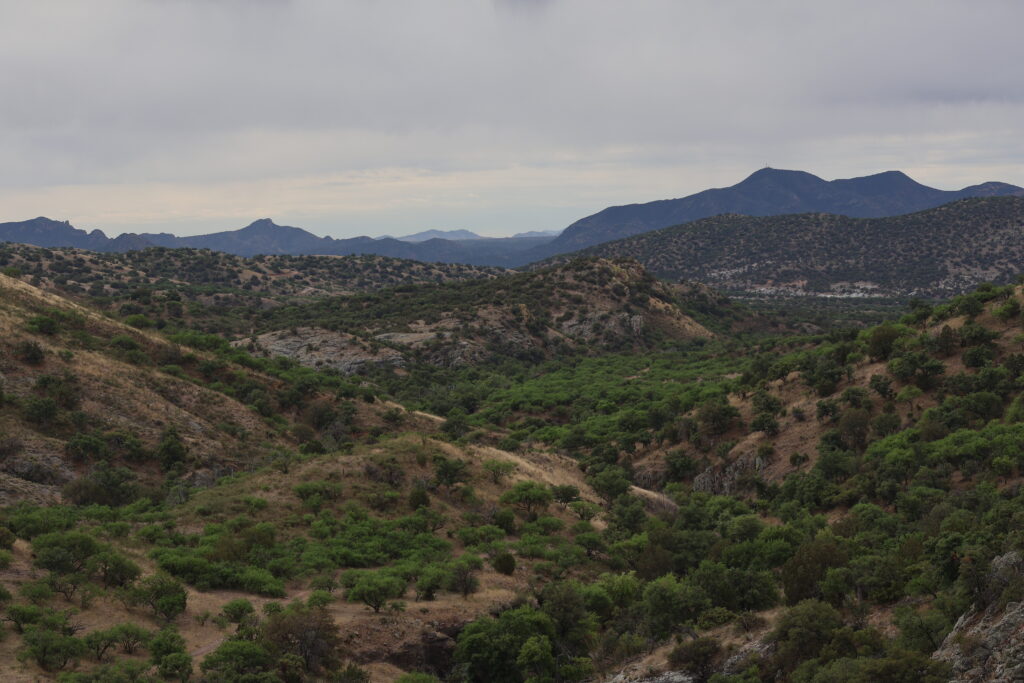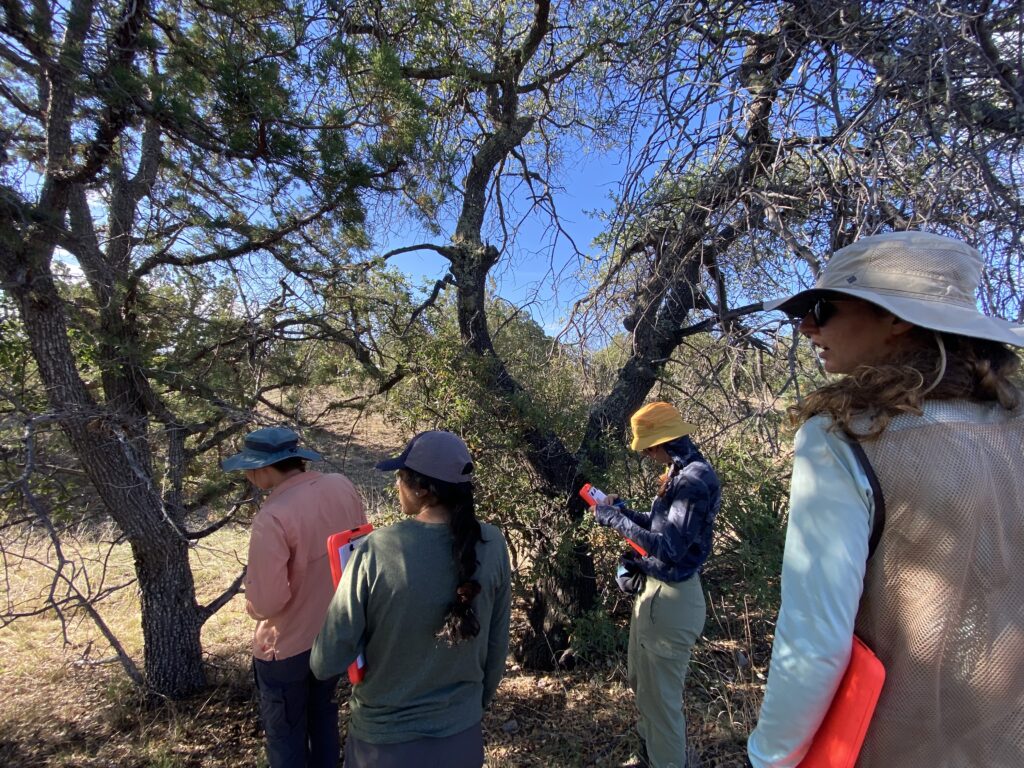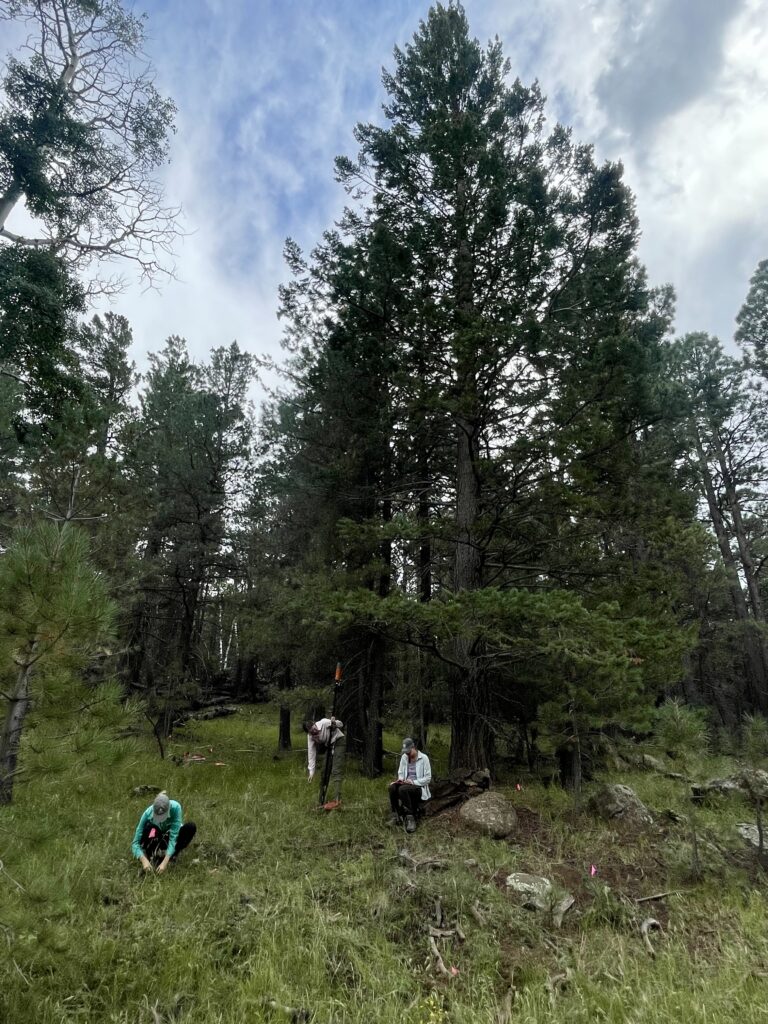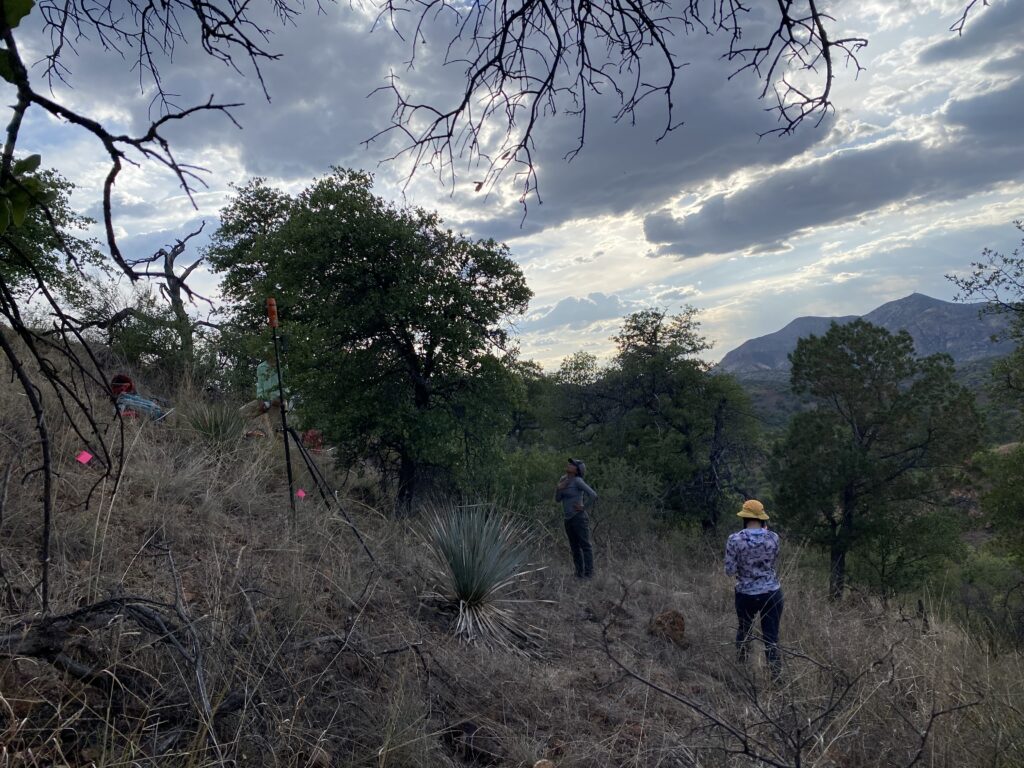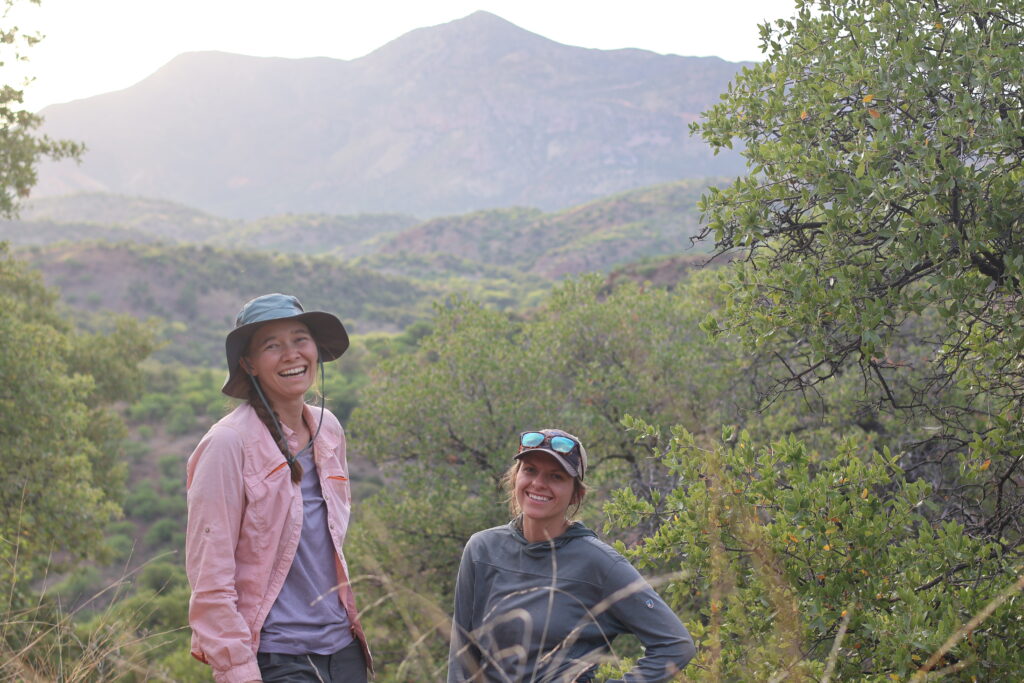
Research Profile Description:
The Southwest U.S. is experiencing more frequent and severe droughts, leading to unprecedented die-offs of foundational plant species across ecosystems. For Native American tribes, the loss or movement of plants used for food, ceremonies, medicine or art, imperils cultural practices and traditional life ways tied to those species.
This project will combine information on social connections to natural areas with ecological data, to identify ecocultural hotspots that are vulnerable to drought. Using this information, the team will identify priority sites for restoration treatments that mitigate ecocultural losses.
What is Expected from this Research:
This project will take advantage of an exceptionally severe drought event in the southwestern U.S. to identify predictors of ecological state change. Using these predictive relationships, areas vulnerable to state transition across the Arizona/New Mexico Mountains Ecoregion in Arizona will be identified. Then, the projected maps will be used to guide interviews with Native American Tribes to identify areas that would negatively impact cultural practices centered around natural resources impacted by drought.
This information will be presented to partnering Tribal Nations and land managers at the U.S. Forest Service, to prioritize areas for drought mitigation efforts, including restoration of plant communities, or efforts to return vegetation densities to historic levels, in order to reduce competition for water resources. The project team will work closely with regional land managers as well as established tribal partners. Results, developed through participatory collaborations, will be integrated into regional decision-making on restoration projects.
This project will also increase Indigenous leadership and guidance in land management and responds to a specific a call for research identified by western Apache Elders (and will be inclusive and guided by these individuals). The project goal also includes identifying restoration pathways to preserve and protect cultural identity and resilience.
NPR – Apache tribes in Arizona are leading the way in saving Emory oak trees
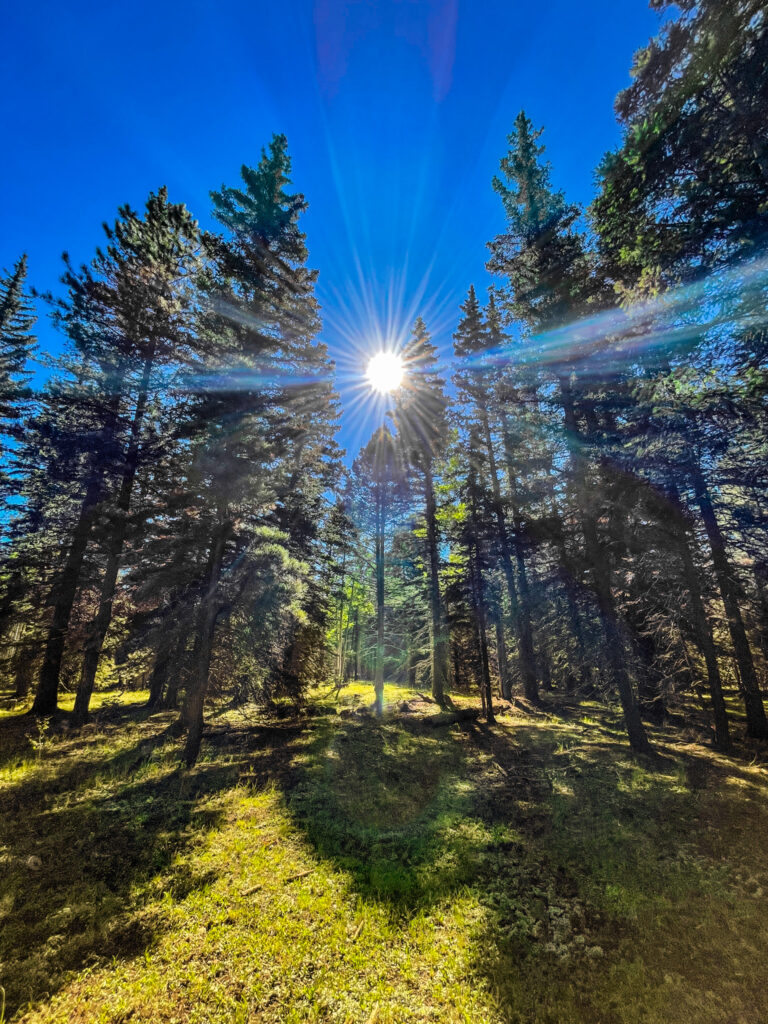
Photo by: Morgan Andrews
Journal Articles
Coming soon
Field study
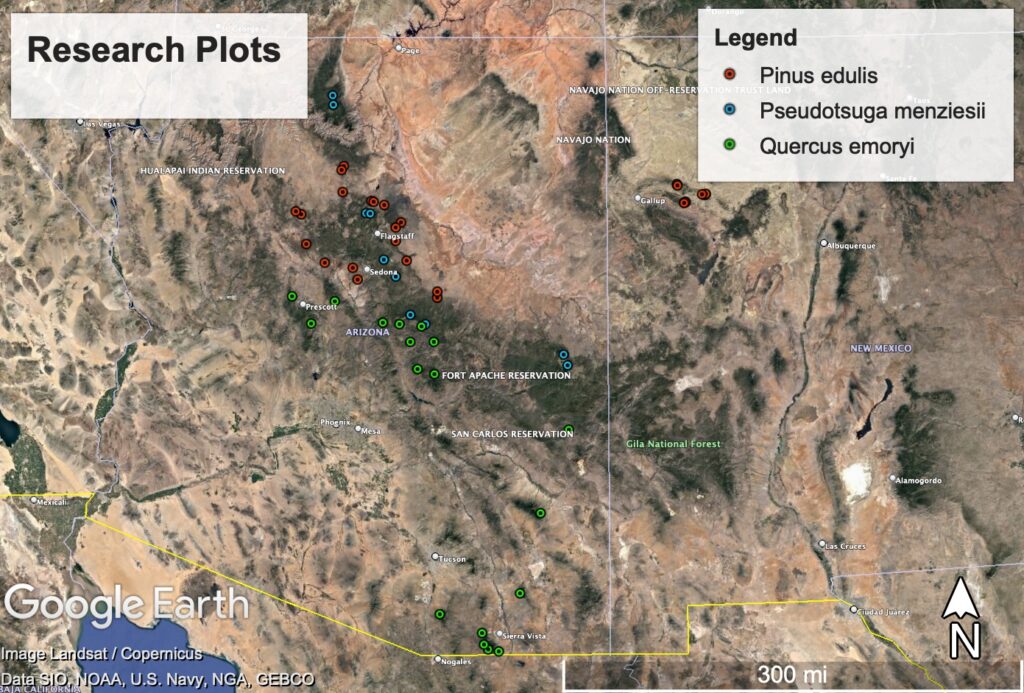
Partnerships
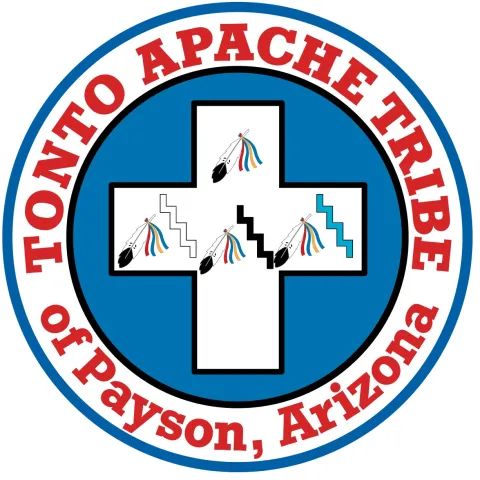

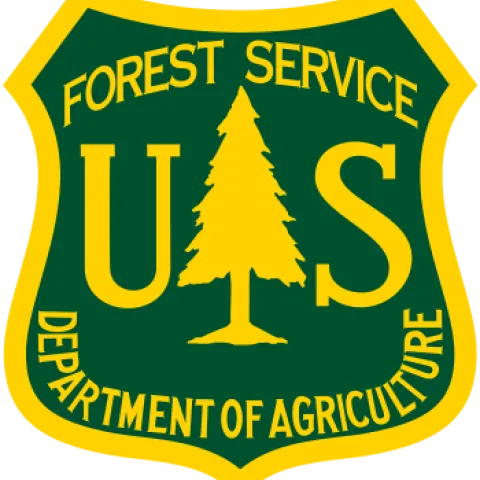

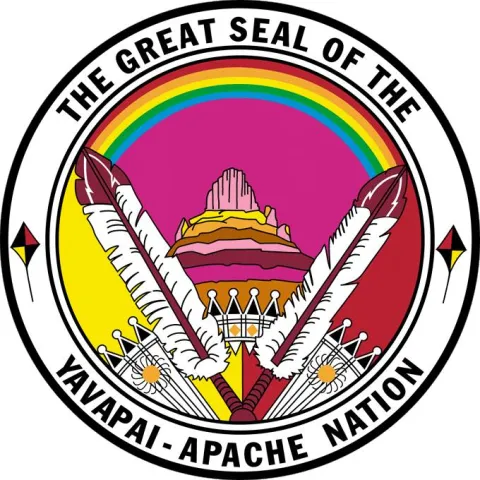
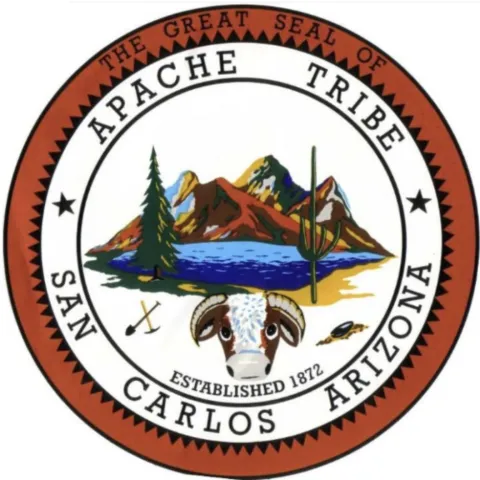
Principal Investigator
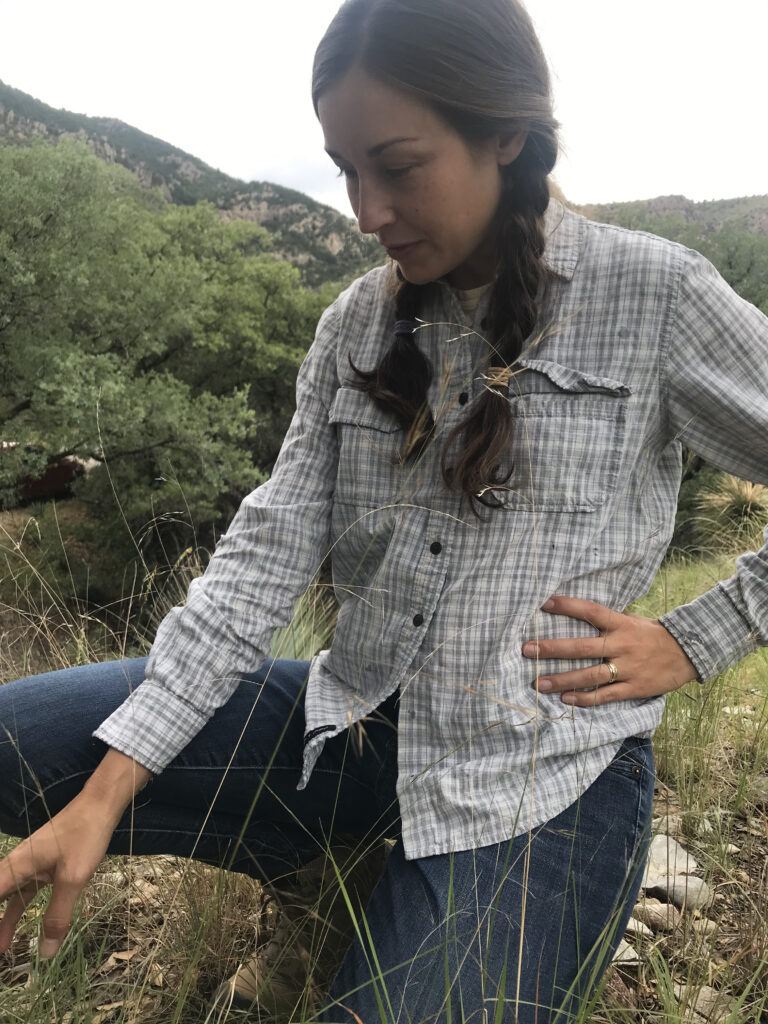
Sara Souther (she/her)
Assistant Research Professor, School of Earth and Sustainability
Core member, Center for Adaptable Western Landscapes, Northern Arizona University
Key research themes: Plant population ecology, ethnobotany/Traditional Ecological Knowledge (TEK), global change biology
Dr. Souther is a plant ecologist and conservation biologist, who studies the structure and dynamics of human-environment interactions. Dr. Souther uses a variety of tools, including demographic and spatial modeling, experimental plantings and common garden construction, and innovative statistical analysis to identify behaviors or management structures that promote resilient ecosystems. The long-term mission of this multidisciplinary and collaborative work is to provide information to conserve ecological systems, as well as the diversity of human interactions with these systems, in a time of rapid anthropogenic change.
Co-Principal Investigator(s)

Diana Stuart (she/her)
Associate Professor, Northern Arizona University
I am an environmental sociologist and my work focuses on identifying drivers of environmental problems, examining possible solutions and alternatives, and exploring pathways for positive social transformation.
I am an Associate Professor at Northern Arizona University with a split appointment in the Sustainable Communities Graduate Program and in the School of Earth and Sustainability. My research continues to focus on climate change, biodiversity conservation, animal studies, social theory, agriculture, and water. Please see my publications for specific research topics and foci.
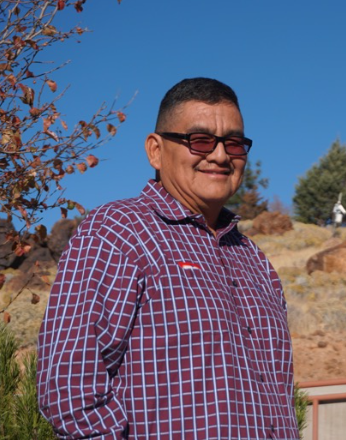
Steven Chischilly (he/him)
Associate Professor of Environmental Science, Navajo Technical University
Graduate Students
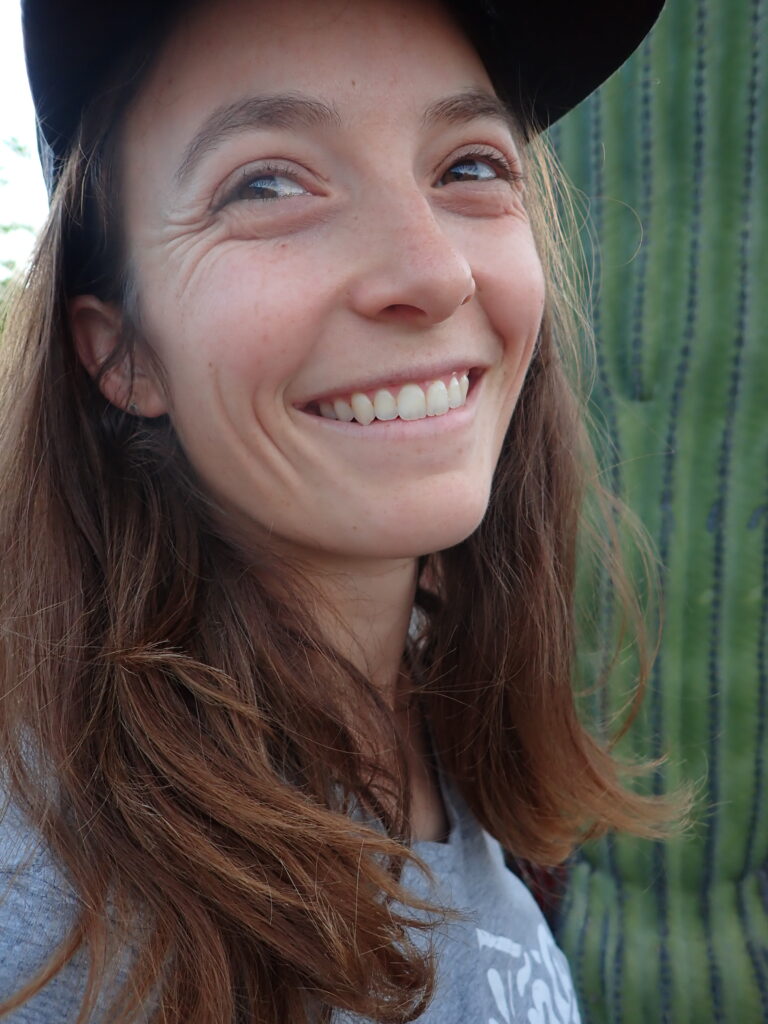
Carly Pierson (she/her)
MS Environmental Sciences & Policy, Northern Arizona University
Carly Pierson hails from Durango, Colorado where she grew up hiking and running in the San Juan Mountains. These experiences curated a curiosity and love of the natural world, and an interest in the interactions between people and their home ecosystems. Carly has a BA in Environmental Studies and a minor in Anthropology from Cornell College. She worked as a Peace Corps Volunteer (Paraguay 2017-2019), an ecological monitor, and a garden/ecology teacher. Her research focuses on the effects of drought on Emory oak, pinyon pine and Douglas-fir, and also explores the connections of Western Apache Tribes to the Emory oak as a valuable cultural resource.
Field photos
